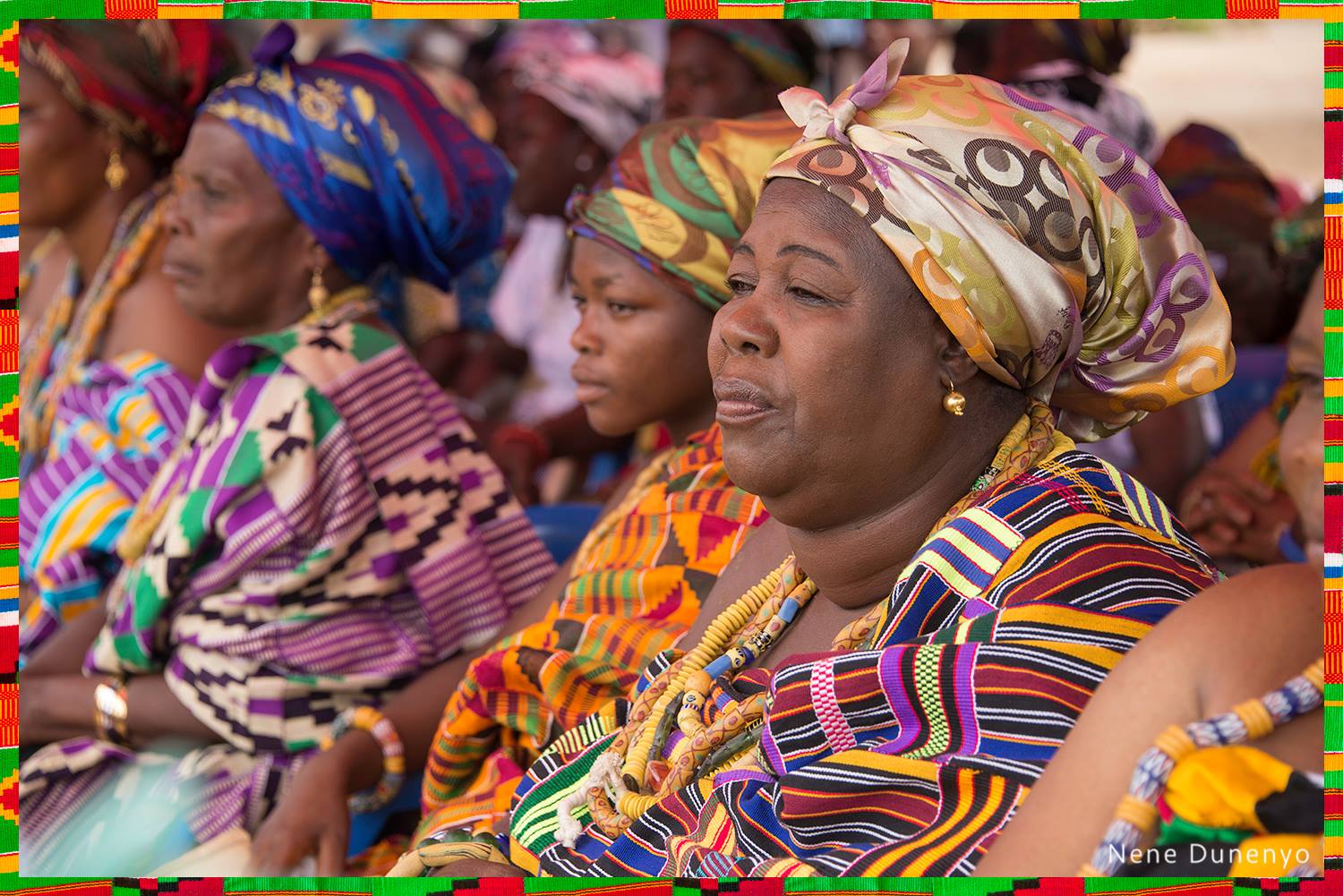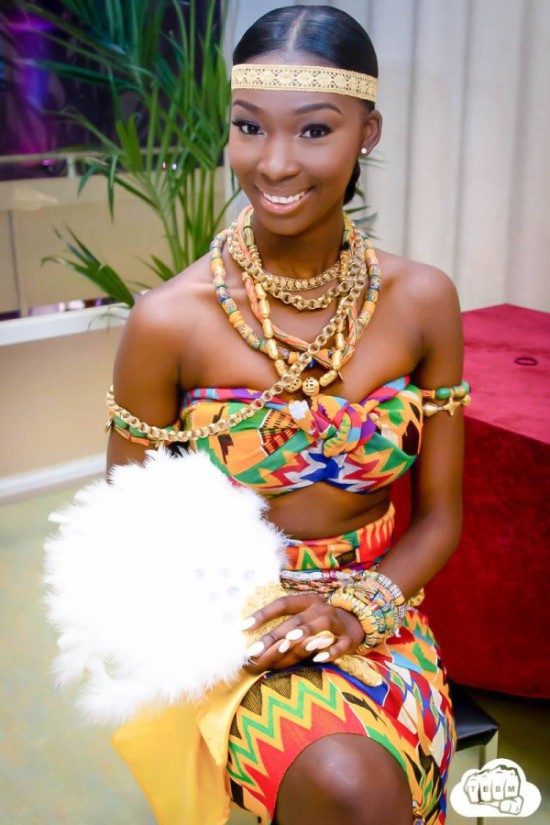When you hear the word "Ghanaian," your mind might instantly drift to the vibrant colors of the Kente cloth, the rhythmic beats of traditional drums, or the warm smiles of the people. But there's so much more to this rich culture than meets the eye. Ghana, located in the heart of West Africa, is a country that's brimming with history, diversity, and a unique way of life. So, buckle up because we're about to take you on a journey through the heart and soul of Ghanaian culture.
From the bustling streets of Accra to the serene beauty of Lake Volta, Ghana is a land of contrasts. It’s a place where tradition meets modernity, where ancient customs are still alive and thriving, and where the warmth of the people will make you feel right at home. Whether you're planning a trip, researching for a project, or simply curious about the world, this article will give you a glimpse into what makes Ghanaian culture so special.
But here's the thing: understanding Ghanaian culture isn't just about learning facts. It's about diving deep into the traditions, the people, and the stories that shape this nation. So, let's get started and uncover the beauty of being Ghanaian.
Who Are the Ghanaian People?
Before we dive into the nitty-gritty of Ghanaian culture, let's talk about the people. The term "Ghanaian" refers to anyone who hails from Ghana, a country that's home to over 30 million people. But here's the cool part: Ghana is an incredibly diverse nation, with over 100 ethnic groups, each bringing their own unique traditions, languages, and customs to the table.
A Glimpse into Ghanaian Ethnic Groups
One of the things that makes Ghana so fascinating is its ethnic diversity. The largest ethnic groups include the Akan, Ewe, Ga-Adangbe, Mole-Dagbon, and Gurma, each with their own distinct languages and cultural practices. For instance, the Akan people are known for their intricate beadwork and the famous Kente cloth, while the Ewe are renowned for their vibrant drumming and dance traditions.
- Akan: The largest ethnic group, known for their rich history and cultural significance.
- Ewe: Famous for their intricate drumming and dance traditions.
- Ga-Adangbe: Known for their vibrant festivals and strong community bonds.
- Mole-Dagbon: A northern ethnic group with a rich tradition of chieftaincy.
- Gurma: A smaller group with a strong presence in the eastern parts of Ghana.
The Importance of Language in Ghanaian Culture
Language plays a crucial role in Ghanaian culture, with over 50 indigenous languages spoken across the country. While English is the official language, you'll hear a symphony of tongues wherever you go. Twi, Ewe, Ga, and Hausa are just a few of the many languages that contribute to the linguistic richness of Ghana.
Why Language Matters in Ghana
Language isn't just a means of communication in Ghana; it's a way of preserving identity and heritage. For example, Twi, the most widely spoken language in the southern parts of Ghana, is steeped in proverbs and idiomatic expressions that reflect the wisdom of the Akan people. Similarly, the Ewe language is known for its poetic beauty and rhythmic cadence.
Ghanaian Traditions and Festivals
No discussion about Ghanaian culture would be complete without talking about the festivals. These events are more than just celebrations; they're a way of honoring ancestors, connecting with the community, and expressing gratitude. From the colorful Homowo Festival to the spiritual Odwira Festival, each event tells a story about Ghana's past and present.
Top Ghanaian Festivals You Should Know About
Here are a few must-know festivals that showcase the vibrant spirit of the Ghanaian people:
- Homowo Festival: Celebrated by the Ga people, this festival marks the end of the harvest season and is filled with music, dance, and feasting.
- Akwasidae: A traditional Akan festival that honors the ancestors and reinforces the importance of family and community.
- Durbar Festival: A grand celebration of chieftaincy, where various ethnic groups come together to showcase their cultural heritage.
Ghanaian Cuisine: A Feast for the Senses
Food is at the heart of every Ghanaian gathering, and the country's cuisine is as diverse as its people. From the hearty Jollof Rice to the spicy Kelewele, Ghanaian dishes are a delightful mix of flavors and textures. What's more, many of these dishes are made using locally sourced ingredients, giving them an authentic taste that's hard to replicate elsewhere.
Must-Try Ghanaian Dishes
- Jollof Rice: A West African classic that's a staple at every celebration.
- Fufu: A traditional dish made from cassava or yams, often served with soup.
- Kelewele: Fried plantains marinated in spices, perfect for a quick snack.
Ghanaian Music and Dance
Music and dance are integral parts of Ghanaian life, and they play a significant role in both traditional and modern celebrations. Whether it's the rhythmic beats of the Fontomfrom drum or the soulful sounds of Highlife music, Ghanaian artists have a way of capturing the essence of their culture through their art.
The Evolution of Ghanaian Music
From traditional drumming to contemporary genres like Afrobeats, Ghanaian music has evolved over the years while staying true to its roots. Artists like Sarkodie, Stonebwoy, and Wizkid have brought Ghanaian music to the global stage, showcasing the country's vibrant musical heritage.
Ghanaian Art and Crafts
Art and crafts are another area where Ghanaian creativity shines. From the intricate patterns of the Kente cloth to the colorful beadwork of the Akan people, Ghanaian artisans have a knack for turning everyday materials into works of art. These crafts aren't just beautiful; they often carry deep symbolic meanings that reflect the values and beliefs of the Ghanaian people.
Popular Ghanaian Crafts
- Kente Cloth: A symbol of royalty and cultural heritage, often worn during special occasions.
- Beadwork: Used in jewelry and clothing, beadwork is a staple in many Ghanaian traditions.
- Pottery: Traditional pottery is still made by hand in many parts of Ghana, using techniques passed down through generations.
Ghanaian Religion and Spirituality
Religion plays a central role in the lives of many Ghanaians, with Christianity, Islam, and traditional African religions coexisting peacefully. This religious diversity is a testament to Ghana's tolerance and openness, and it's reflected in the country's festivals, ceremonies, and daily life.
Key Religious Practices in Ghana
Here are a few examples of how religion influences Ghanaian culture:
- Christianity: The majority of Ghanaians are Christians, with vibrant church services being a staple in many communities.
- Islam: Islam is widely practiced in the northern parts of Ghana, with beautiful mosques and traditional practices.
- Traditional Beliefs: Many Ghanaians still practice traditional African religions, which emphasize the importance of ancestors and nature.
Ghanaian Fashion and Style
Fashion is another area where Ghanaians express their creativity and individuality. Traditional clothing like the Kente cloth and Dashiki is still popular, especially during special occasions, but modern fashion trends are also gaining traction. Ghanaian designers are making waves on the global stage, blending traditional elements with contemporary styles to create something truly unique.
Key Elements of Ghanaian Fashion
- Kente Cloth: A staple in Ghanaian fashion, often used in everything from clothing to accessories.
- Dashiki: A colorful, loose-fitting shirt that's both stylish and comfortable.
- Adinkra Symbols: Traditional symbols that carry deep meanings, often incorporated into fabric designs.
Ghanaian Education and Development
Education is a priority in Ghana, and the country has made significant strides in improving access to schooling for all its citizens. From primary education to higher learning, Ghana is investing in its future by equipping its youth with the skills and knowledge they need to succeed in a rapidly changing world.
Challenges and Opportunities in Ghanaian Education
While there's still work to be done, Ghana's education system is steadily improving. Initiatives like the Free Senior High School policy are helping to ensure that more children have access to quality education, paving the way for a brighter future.
Conclusion: Celebrating the Ghanaian Spirit
In conclusion, being Ghanaian is about more than just where you're from; it's about the rich tapestry of traditions, languages, and cultures that make this nation unique. From the vibrant festivals to the delicious cuisine, every aspect of Ghanaian life tells a story of resilience, creativity, and community.
So, whether you're planning a trip to Ghana or simply want to learn more about this fascinating country, we hope this article has given you a deeper appreciation for what it means to be Ghanaian. And don't forget to share your thoughts in the comments below or explore more articles on our site!
Table of Contents
- Who Are the Ghanaian People?
- The Importance of Language in Ghanaian Culture
- Ghanaian Traditions and Festivals
- Ghanaian Cuisine: A Feast for the Senses
- Ghanaian Music and Dance
- Ghanaian Art and Crafts
- Ghanaian Religion and Spirituality
- Ghanaian Fashion and Style
- Ghanaian Education and Development
- Conclusion: Celebrating the Ghanaian Spirit


